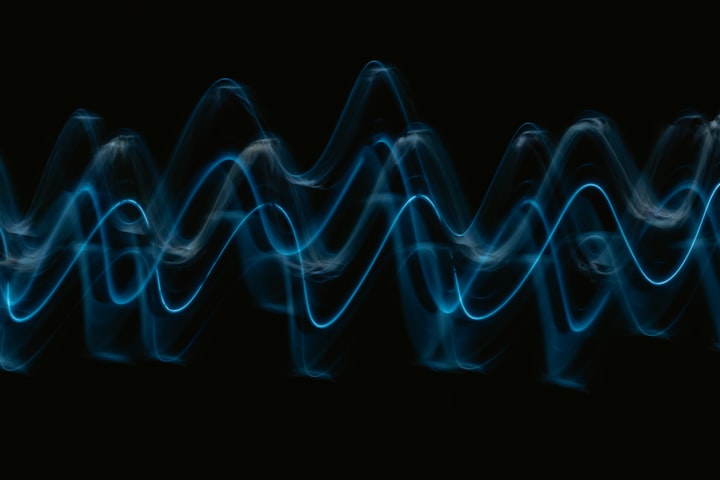Do you need a Brain to Sleep?
Brain and Sleep

Allow me to pose a query to you. Which came first, the brain or sleep? It goes without saying that many would respond intelligently to that query. However, new research suggests that sleep and the brain may not be as closely related as previously believed. Since creatures possessing extremely basic neural networks are still able to sleep, much like humans. Thus, what exactly is "sleep" if these organisms are capable of it? Numerous species require sleep, but they don't all go about obtaining it in the same way. Humans, for instance, typically sleep for several hours at a time, with teenagers getting the most sleep.
On the other hand, wild elephants only get a few hours of sleep every day and can occasionally go days without experiencing a deeper, more restful sleep. What then is the brain doing when these animals are asleep? Researchers can learn more about what goes on in the brain during sleep by measuring the electromagnetic signals that come from it. Consider dolphins as an example. They are referred to as slow-wave, unihemispheric sleepers. Thus, they only use half of their brain when they sleep. The electromagnetic signals originating from the left and right sides of the dolphins' brains were found to be entirely different when the signals were measured.
There were signs of wakefulness in one half of the brain and slow-wave sleep in the other. However, we can also plainly see other, more obvious indications that dolphins are dozing off. For instance, they might close the eye that is in opposition to the sleeping hemisphere of the brain. In order to make it easier for them to surface to breathe, they might also remain near the water's surface. Furthermore, research on the sleep patterns of invertebrates—such as fruit flies and cockroaches—has shown that these animals also exhibit telltale signs of sleep. These include altered body posture and a decline in their behavior and responsiveness.
Researchers started searching for sleep throughout the tree of life after taking into account the various ways that different creatures sleep as well as the notion that there are certain universal indicators that a creature is sleeping. And they discovered evidence in a wide range of organisms, even some extremely basic ones like jellyfish and hydras. Their neurons aren't packed as tightly together as ours are. Rather than being like brains, they resemble a light net of neurons. Researchers can learn more about the characteristics of the first sleeping creature and the purposes of its sleep by examining this mesh.
Jellyfish, which can enter that sleep state, are thought to provide evidence for the existence of the first sleeping creature and support the theory that sleep evolved more than a billion years ago. Additionally, determining the point in the tree of life where creatures like jellyfish and mammals converge can aid scientists in discovering our extremely old common ancestor. Researchers now believe that sleep likely affects a creature's metabolism, or the amount of energy it needs to sustain itself, in species with a sparse neural net. Therefore, the bodies of organisms with simple neural networks are simply altering how they use the energy that is available.
When a creature falls asleep, it can cause reactions that don't happen when it's awake. Alternatively, sleep might just supply enough free energy for these processes to occur. For instance, the nematode C. elegans grows and repairs its tissues during the time it spends sleeping. This creature does not go to sleep or wake at regular times of the day. Rather, it sleeps only following developmental stages. Additionally, scientists have discovered that sleep-deprived hydras stop their body cells from dividing on a daily basis. Sleep and metabolism are related in organisms like humans with more complex neural networks, according to recent research.
Hence, sleep is essential to maintaining a healthy metabolism and is intricately linked to the hormonal and metabolic functions of the human body. This implies that having a sleep disorder or being sleep deprived may have a detrimental effect on your body's metabolism. Therefore, anything with a neuronal mesh, including humans and other creatures, can sleep, at least in part. But what happens if there are no neurons at all? It's likely that the neurons in that distant common ancestor of mammals and jellyfish would have sent a signal to the muscles, causing the creature to move. And just as we can gauge the external behavior of sleeping dolphins, elephants, or people, it would have been deemed to be in a state of sleep when it was motionless.
However, the opinions on animals like sponges that are completely devoid of neurons and muscles are still undetermined. However, measuring something like this has proven to be difficult because the sponge doesn't really move like other animals do and there are no electrical signals to detect. Therefore, researchers are unable to use a shift in body posture as a sleep indicator. Sponge metabolism is a natural feature of living things, as they require energy to survive. Simply put, scientists are still unable to determine whether these organisms go through a metabolic cycle, halting part of their activity to use that energy for other purposes, at the cellular level.
Numerous questions about sleep might be resolved with a deeper comprehension of whether these kinds of creatures sleep. And this could help scientists understand human sleep better, which could result in the development of novel treatments for diseases linked to sleeplessness or in the creation of new medications that target bodily regions that were previously believed to be entirely unrelated to the sleep process. Scientists now know that sleep is anything but a straightforward, universal process, thanks to some of the planet's more basic inhabitants.





Comments (1)
If I remove by brain I’ll probably sleep better! Great work!